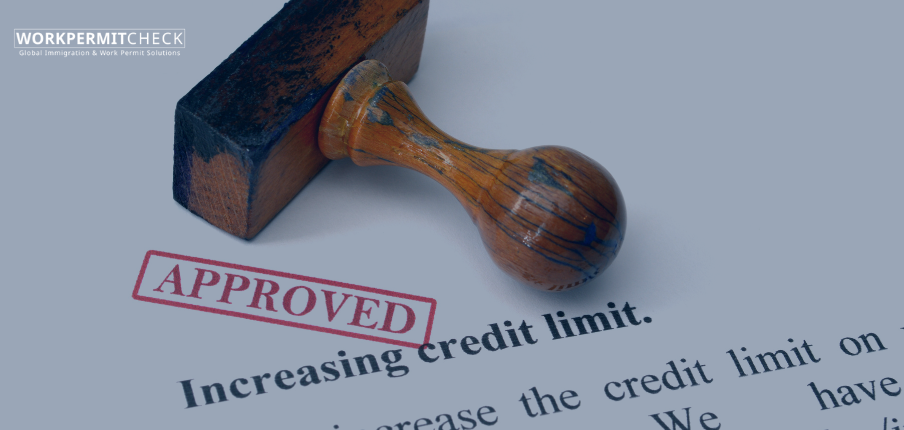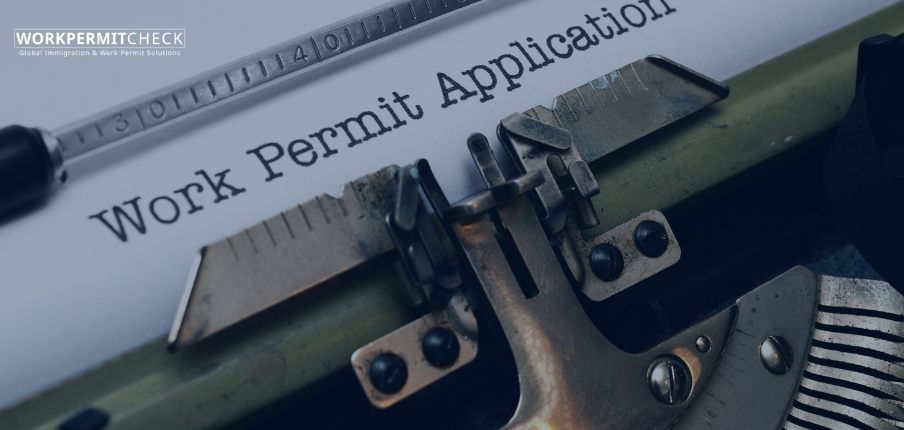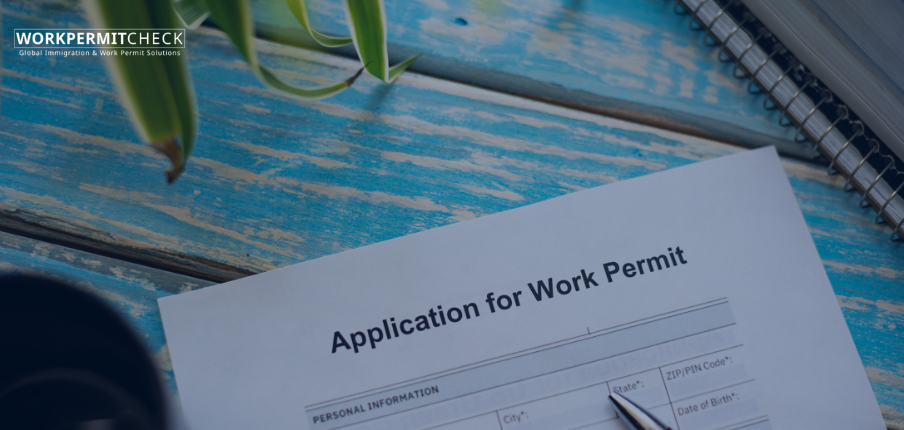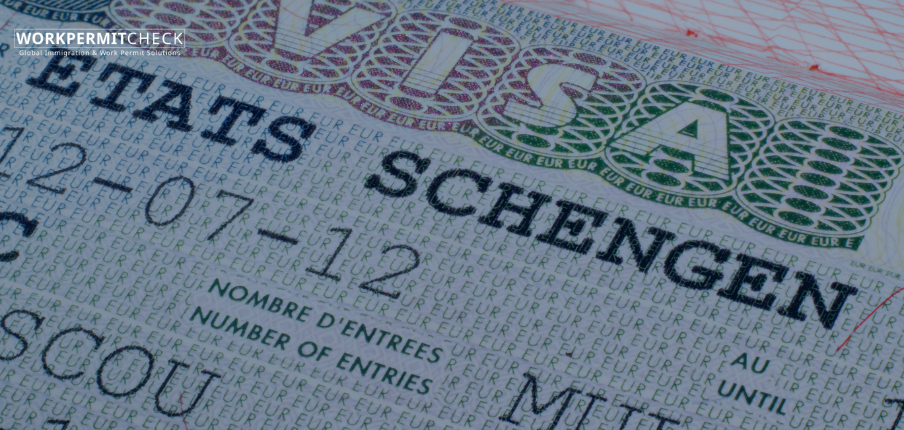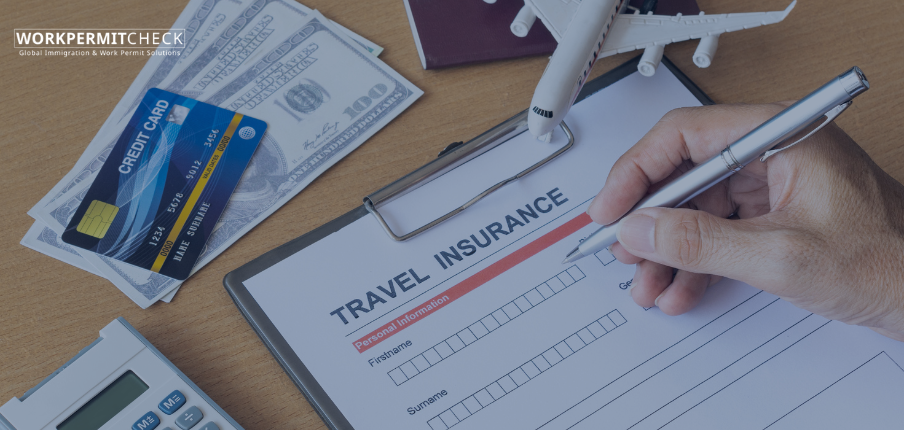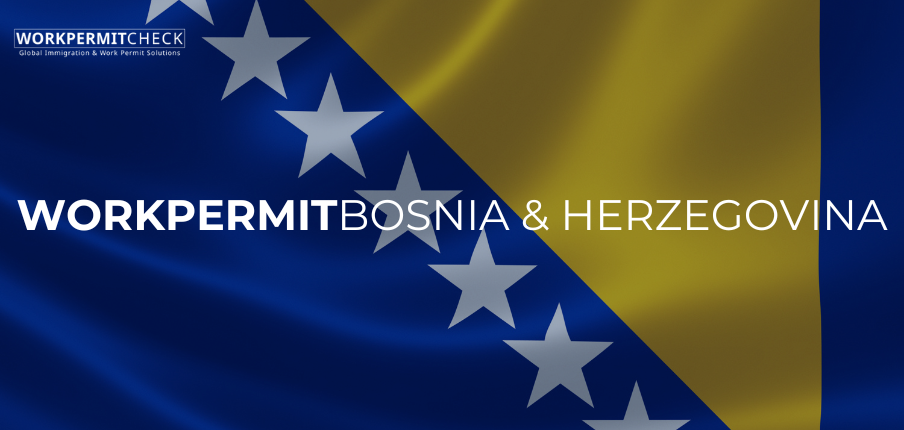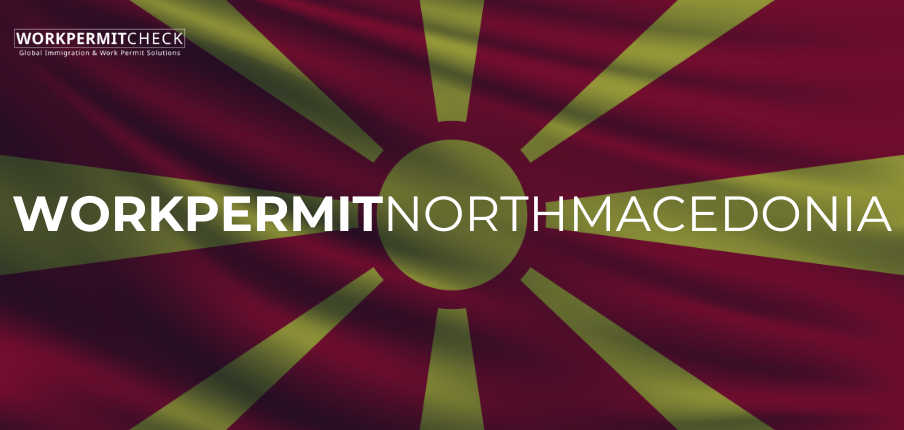Applying for a work permit is a crucial step in pursuing international job opportunities. Whether you're heading to Canada, the UK, the UAE, or any other country, one mistake can delay your application—or worse, lead to rejection. Understanding the common pitfalls can help you prepare a strong, error-free submission.
This guide outlines the most frequent mistakes applicants make when applying for work permits—and how to avoid them.
1. Applying Without a Valid Job Offer (When Required)
Many countries, such as Germany, Australia, and the U.S., require you to have a job offer before applying for a work permit. Applying without a confirmed employment contract or sponsorship from an employer is a guaranteed rejection in most systems.
Tip:
Secure a legally binding offer of employment before starting the application process, and ensure the employer is eligible to sponsor foreign workers.
2. Using the Wrong Permit Category
Work permit systems vary across countries and may include multiple permit types based on:
-
Skill level
-
Duration of stay
-
Sector of employment
-
Self-employment vs salaried jobs
Using the wrong category—such as applying as a skilled worker when the position is entry-level—can lead to denial.
Tip:
Review the specific categories and eligibility requirements of the host country. Consult immigration websites or professionals when in doubt.
3. Submitting Incomplete or Incorrect Documents
Missing or inaccurate documents are among the most common causes of rejection. Mistakes may include:
-
Missing passport pages
-
Unsigned employment contracts
-
Incorrect translations
-
Outdated police or medical certificates
-
Inconsistent job details between application and contract
Tip:
Use a checklist provided by the embassy or immigration authority. Double-check expiry dates and verify that translations are done by certified translators.
4. Ignoring Language Requirements
Some countries require proof of language proficiency (e.g., IELTS for English-speaking countries, or German language levels in Germany). Many applicants fail to provide valid test scores or misunderstand the required level.
Tip:
Check if a language certificate is required—and which exams are accepted—before applying. Make sure test scores are recent and valid.
5. Incorrect or Inconsistent Information
Small discrepancies—like inconsistent job titles, company names, or dates—between your resume, job contract, and application can raise red flags.
Tip:
Ensure that all documents are consistent. Cross-check spelling, dates, and roles across your CV, job offer, application form, and supporting documents.
6. Missing Deadlines or Expired Documents
Documents such as police clearance certificates, medical reports, and test scores often have a validity period. Submitting expired materials or missing deadlines for interviews and biometrics appointments can result in cancellation.
Tip:
Track important dates using a spreadsheet or calendar. Renew expiring documents well in advance and respond to communications from authorities promptly.
7. Not Meeting Educational or Skill Requirements
Some applicants apply without meeting the minimum qualifications—like a required degree, number of years of experience, or licensing in regulated professions (e.g., healthcare, engineering).
Tip:
Review the host country’s occupational shortage list or skilled occupation list. Make sure you meet both the job’s and the country’s qualifications.
8. Assuming You Can Work on a Tourist Visa
This is both a mistake and a legal violation. Some applicants assume they can enter on a tourist visa and later “convert” to a work permit. Most countries do not allow in-country status changes like this.
Tip:
Always apply from your country of residence unless the destination country explicitly allows in-country changes of status.
9. Relying on Unofficial or Outdated Information
Immigration laws change frequently. Many applicants rely on outdated blog posts, hearsay from forums, or unofficial agents who lack credentials.
Tip:
Always refer to the official immigration website of the country or seek guidance from a licensed immigration advisor or attorney.
10. Failing to Prepare for the Interview (If Applicable)
Some countries require an immigration interview or employer verification. Failing to prepare for questions related to your job offer, qualifications, or intent can result in suspicion or rejection.
Tip:
Treat visa interviews professionally. Know your job details, employer’s background, and why you’re a good fit for the role and country.
Bonus: Overlooking Regional Differences
In countries with regional authorities (like Belgium, Canada, or Germany), application procedures may vary by state or province.
Tip:
Know where your job is based and follow that region’s specific rules.
Conclusion
Getting a work permit is a significant milestone, but the process demands attention to detail and an understanding of the country’s legal requirements. By avoiding the common mistakes outlined above, applicants can improve their chances of a smooth and successful work authorization process.
Preparation, accurate documentation, and honest representation of your qualifications are key. When in doubt, professional advice can save time, money, and disappointment.
May 1, 2025

